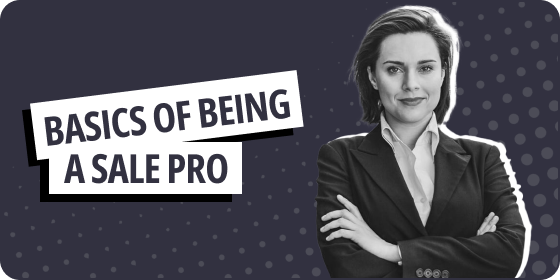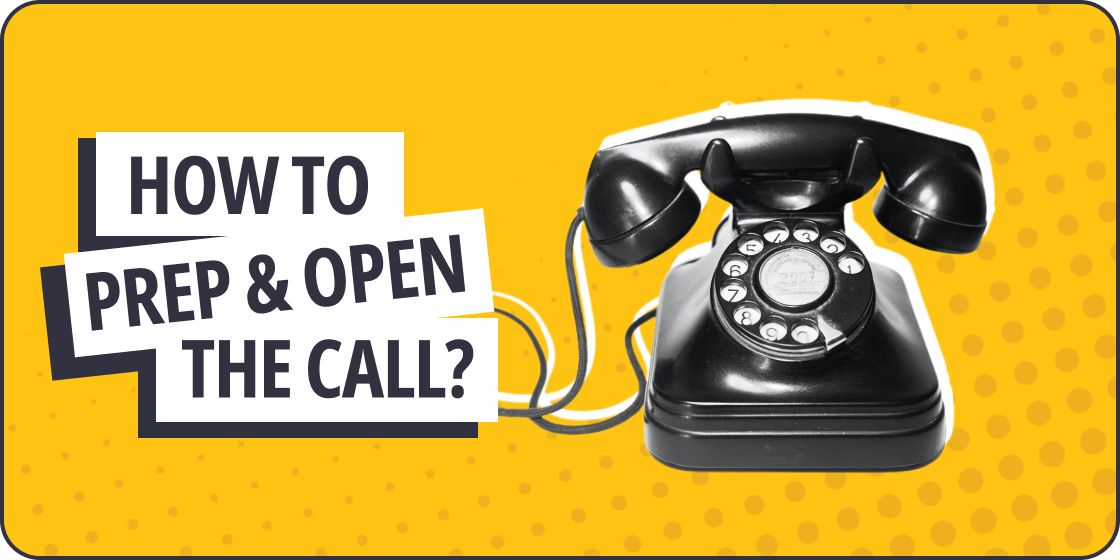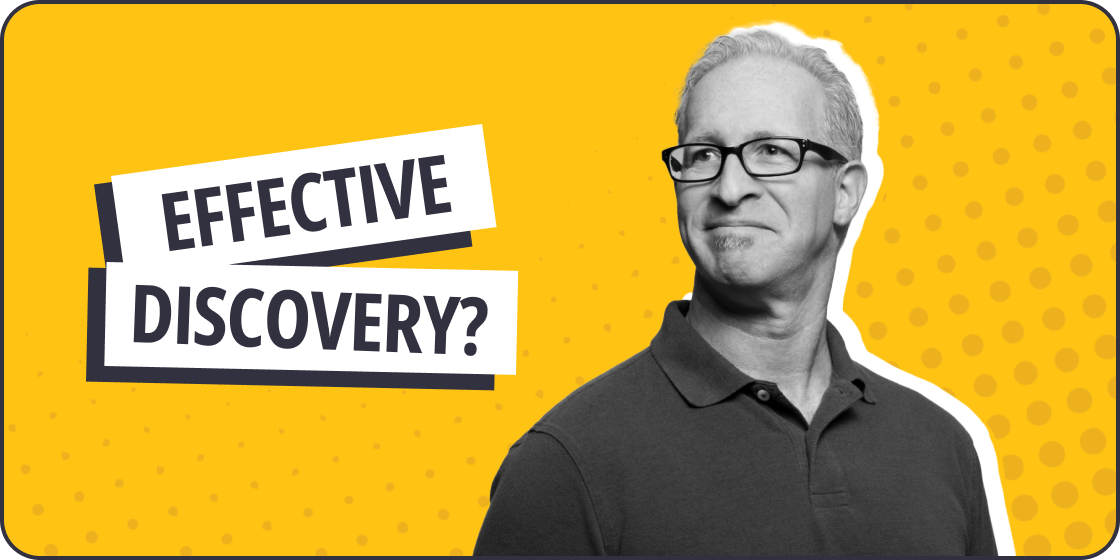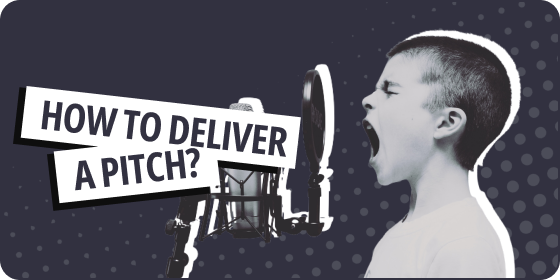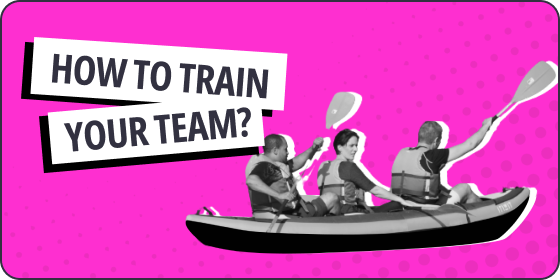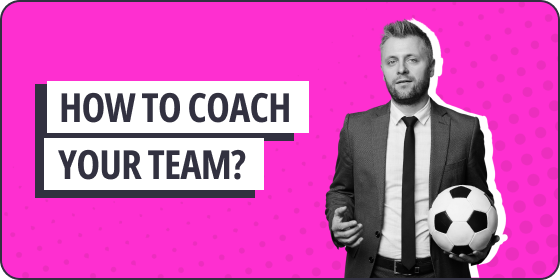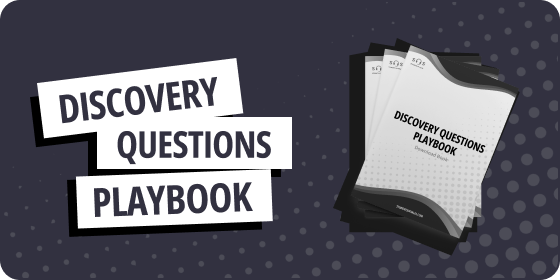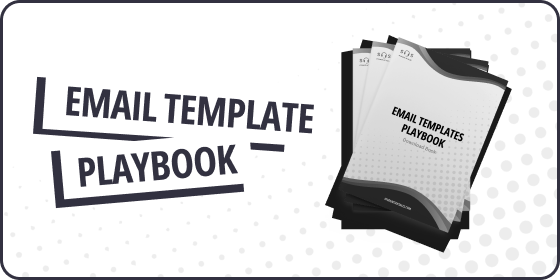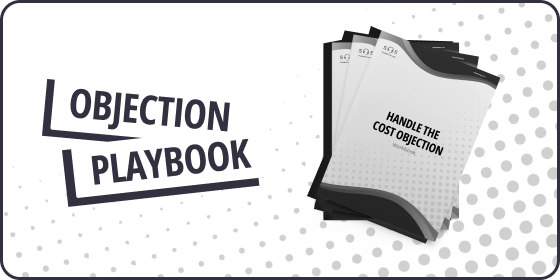How to Do Call Prep?

“Failing to plan is planning to fail”
The key to any victory is to have a plan. Whether it is in the courtroom, on the soccer field or in the boardroom – you simply cannot show up without a strategy and expect to win. Amateur sales people love to wing their calls. The problem is, they end up spending too much time talking about the product and not nearly enough time talking about the problem or prospect. And don’t make the very costly mistake of expecting your prospect to tell you their problem or why they need to change; this is your job.
I won’t get into the weeds on this point, however, suffice it to say that if you are jumping on your sales call expecting the prospect to tell you what is keeping them up at night or why they need to change you are going to frustrate buyers at best or, worst, spend your whole process trying to treat a symptom and not the cause.
To do this, you need to prepare! Below are 10 keys to successful prep.
What problems do you solve?
This is a point you need to revisit very often. You can never hit a target you can’t see and if you don’t have a very accurate understanding of a) how the problem you solve impacts businesses and b) why people use your solution to solve it then you are constantly going to struggle in connecting with prospects and getting them to trust you and, ultimately, purchase from you. A quick way to test this is to try and write out, what I call, the Jerry Seinfeld elevator pitch.
Simply put it goes. “Have you ever noticed x, what’s the deal with that?”
An example would be, let’s say you are selling onboarding software for a company. You might write out something like “have you ever noticed it takes nearly 6 months to ramp up a new employee? You can spend all this time finding the right candidate, interviewing and even negotiating their contract but, for the next six months, you are operating at a loss and, meanwhile, they may not even stay long enough for you to ever recover that investment. “
This isn’t necessarily something you would say directly to a prospect but it gives you a target to aim at while pitching. It is the basis you will use to build your argument around.
How to prep the person?
WHO you are meeting with is vital. You will hear us talk about this often but it is one of the fundamentals of sales we can never forget: we are not in the sales business, we are in the people business. Now, I am not going to get into Astrological signs, DISC profiling or any other nonsense but if you can’t read people then sales is a very very tricky field to be in. Full stop.
When doing prep for the person there has never been more resources: Linkedin, Facebook, Instagram, whatever. You don’t need a degree in sociology or psychology (though it would help) but you do need a healthy dose of common sense. Couple of areas I look for:
Job position and background. Owners tend to be direct. Marketing tends to be more right brained whereas engineers or IT tend to be more left brained. The words you use, the stories you tell, and how you tell them, should be informed by this
Location. Not just as a rapport conversation but different parts of the world have different cultures. Pitching someone in New York City is categorically different than pitching someone in San Diego or Duluth Minnesota. That is true for the whole globe!
Social presence. If they have a lot then they are probably young, or vain, or both. Use vanity to your advantage with compliments. Not a lot of social presence? Older or private. Again, this informs how you are going to speak to them. Private people aren’t going to share a lot the way some 20 something marketeer with 14 social media accounts is going to.
School. How far did they go? More education doesn’t mean smarter but it does mean better at learning. This can be an asset or a liability, depending on how you sell to them.
Family. God help you if you bring up someone’s kids on a call. Let them bring it up. You can guide them towards this, but don’t bring it up directly. Nothing creepier than sales guy saying “saw the picture with you and your daughter”. Don’t care the context, you’re a creep. Stop.
Politics. Religion. Again, you are not ever, under any circumstance, going to bring these up on a call. However, these are a huge part of someone’s values and beliefs. Read up on the psychology around political party affiliation and religion. This will help you make sales.

Who are you meeting with?
This may seems similar to the above but, instead of focusing on the person you are focusing on their role. What is their title? How long have they been there? What did they do before this? How big is their department? Here I am not focused on the psychology of this but rather the business aspect of it.
Often times we are not meeting the final decision maker and, even heads of departments, are going to need buy in from the team. I want to understand, early on, the framework of their organization so I can navigate it as we progress through the process.
Why are they meeting with you?
What do you think the prospect is hoping to get out of this meeting? Do you have really good booking notes that can help? Did they fill out an inquiry? Have they spoken with your business before? Look for clues as to why they are taking this meeting. Often times it is because of a symptom they have so you want to be prepared to speak to this. This will also help you avoid feature dumping or getting too long winded in your sales pitch. Their why is paramount to a successful meeting. If it is clear then you have a self-actualized buyer and should be an easy sale. If it is muddied or misguided, then you know you have work to do to realign their focus.
How do you believe you can help them?
Dig deep into their business and start identifying your business case early on. What problems, specifically, do you believe your are in a unique position to help with?
I’m sure you are familiar with the old saying “sell yourself first”. The way I practice this isn’t just that you have to get your prospect to buy into you before the product but also that you have to buy into your solution before your customer will. If you don’t see, and believe in, your ability to help the customer then you are never going to sell them on it. While doing your prep, look around for the “symptoms” you’ve noticed with other past customers. If you are selling lead generation, maybe they have a sales team, or a 3rd party marketing company, or are doing Google ads. These are symptoms I’m sure you’ve seen before! How do you help with these?
How do you prep the business?
In prepping the business you want to take a holistic approach. Look at their website, their linkedin page, any press releases or news articles. Look for things like new products, or employees or funding rounds. This is similar to “how do you believe you can help” but with more fact finding than planning. Some simple things to understand about the business
Company size and industry
Company’s product or service
The company’s target market (either who they sell to or candidates they hire, etc)
That company’s competition. Are any of them clients of yours?
The org chart of the business.
CRM or other software you are going to need to integrate with
What have they already tried?
One of the beautiful aspects of modern selling is that there is so much information out there. One of the biggest differences to how we sell today that we simply couldn’t get our hands on prior to a meeting is; what has your customer already tried? This can take a bit of digging but know what they have already tried gives you a huge window into their believe system and even budget! What do you know about what they’ve tried? What are they still using? What did they stop? Why you suppose that is? How can you leverage that in your sales pitch?
Again, if I am selling marketing and I see that someone had a history of Google Ads but hasn’t spent in the last 3 months I may want to prepare to talk about the risks of Google Ads and how my solution beats their results! I may even have some case studies or stories that go along with this.

Who are the decision makers?
Rarely, and I mean rarely are you going to be on a meeting with the decision maker. If you are, then a) you still need to get other people’s buy in (consensus) or b) you’re selling SMB with a low price point so please check out our articles on Closing 😊
Before you jump on your call know the names and as much contact information as possible about the other decision makers on the call. You will need to include them in the process. Rather than saying “who else needs to be involved” have your list ready and say “I see that Sarah is your CFO, I assume it’s going to make sense to loop her in, should I put her on the invite for the next call or cc her on any follow up emails?”
Knowing this information going into the call shows the prospect you are a professional and saves you time.
What obstacles do you see yourself facing?
True sales professionals can see objections coming a mile away. Not because they have some sixth sense but because prospects aren’t really all that creative. Most obstacles boil down to one of the 4 p’s:
Product – does your product meet their needs and/or solve their problem?
Price – can they afford it?
People – do you have the right people on the call to make the decision?
Performance – does your product have any limitations?
Which of these are you going to face on this sales meeting and do you have a strategy and plan to overcome it? If you have done the right prep you should be able to overcome it before it ever pops up but, as the saying goes, even the best laid plans of mice and men often go awry.
Mindset
Last, but certainly not least, are you mentally prepared for this meeting? Everyone should have their own pre-meeting ritual. I have met those that light a candle, some listen to a certain song, some watch a motivation video and I’ve even known some that take a pre call poop. Whatever yours is, get your head in the game. Get prepared mentally, physically, emotionally, and spiritually.
Sales are made outside of the boardroom. You would never show up to a courtroom unprepared, so don’t show up to a sales call without the same level of preparation. If you want to earn big money, it’s not by accident, it’s through preparation, hard work, and dedication.







